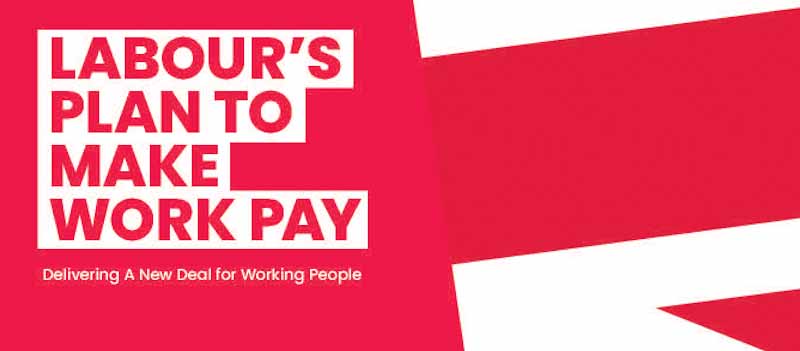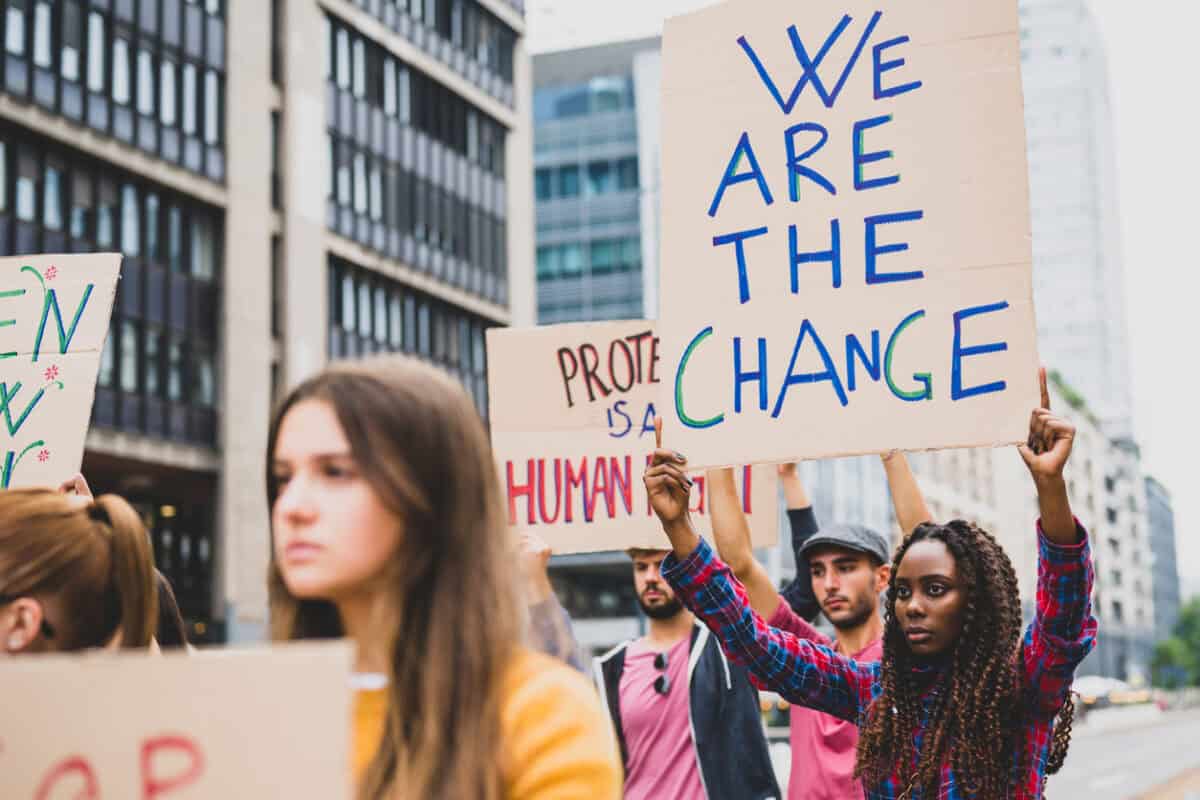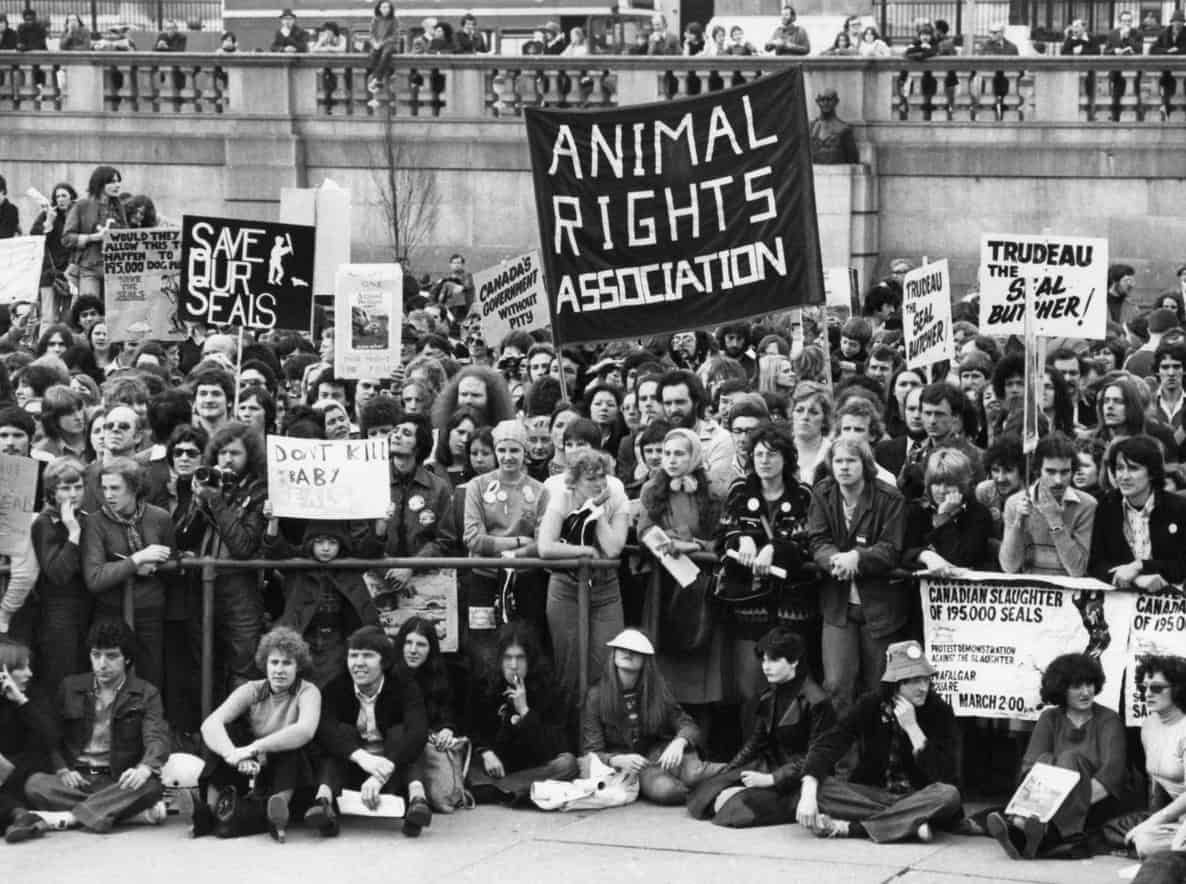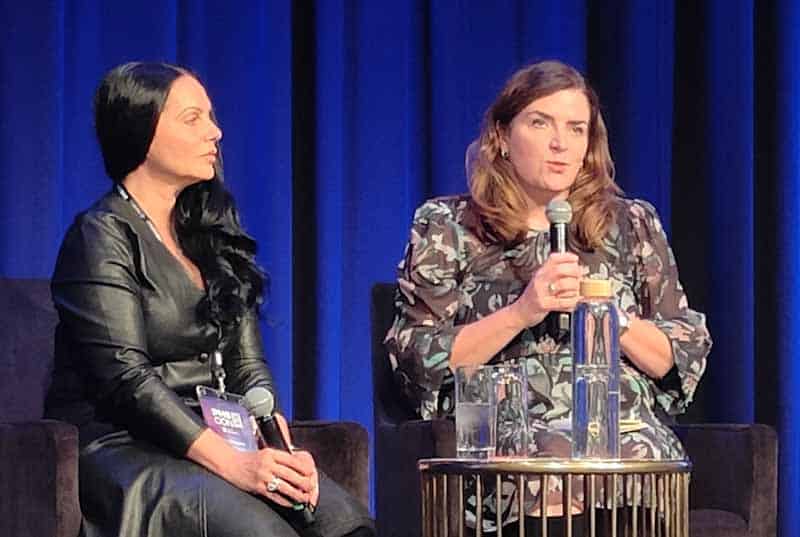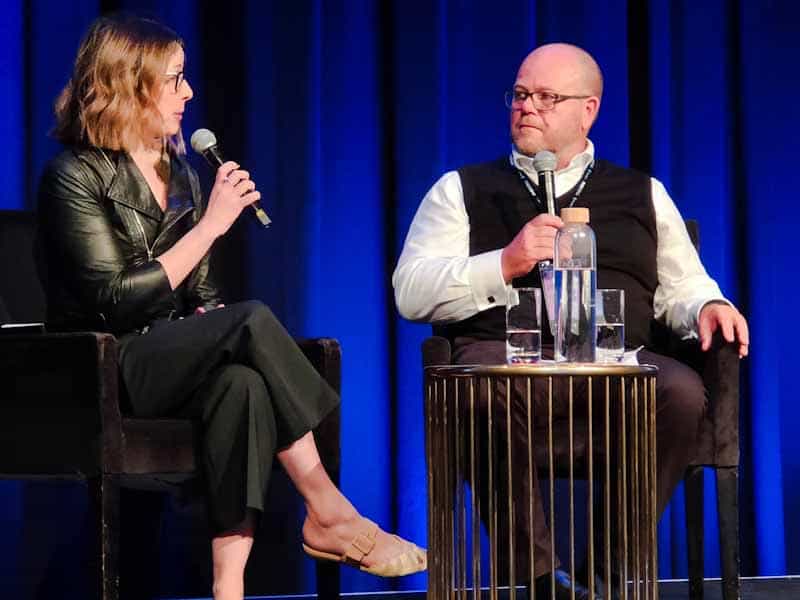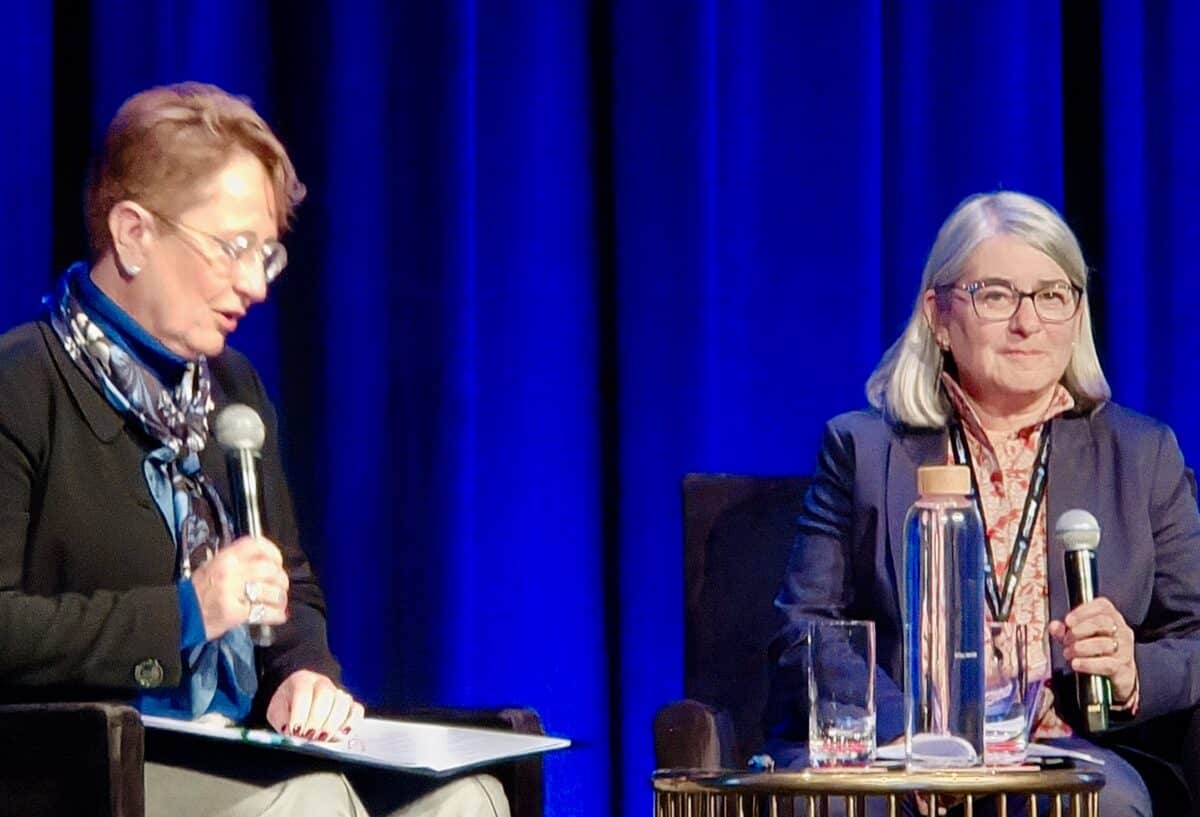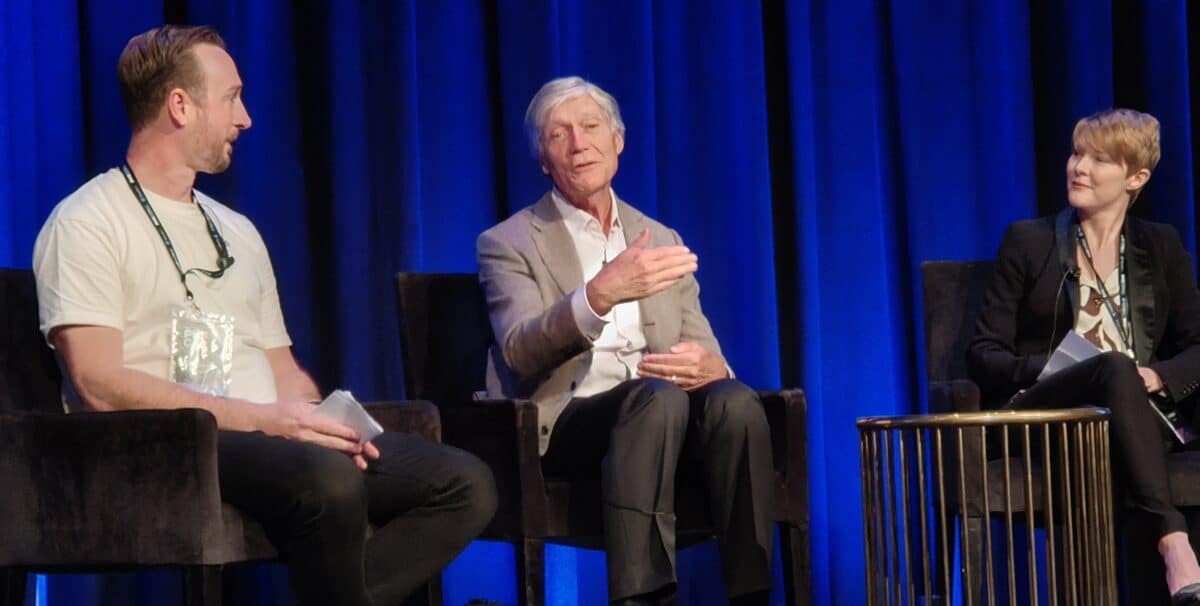Later this week, the United Kingdom hosts an election which the Labour Party, the “party of working people,” is expected to win. Its party manifesto has been out for some time, but its workplace strategy has received less attention. Given the synergies between the UK and Australian industrial relations and occupational health and safety (OHS), Labour’s Plan to Make Work Pay, deserves an outsider’s analysis.
Category: law
We must understand the social pressures on employer safety decisions
There is a cost-of-living crisis in large parts of the world, there is a climate emergency, there are wars and political instability and insecurity everywhere. Why is occupational health and safety (OHS) still considered important? Well, it isn’t really when compared to these global and existential crises, but that is the microcosm in which we operate. However, this does not mean we should withdraw into our safety shells and ignore the world. We can’t; the world intrudes on our microcosm and affects us directly and indirectly.
So, it is useful to understand how pressures external to our work and workplaces affect our choices and the choices of employers.
A broad perspective on Work, OHS and Mental Health
A whole generation of workers has grown up believing that if they are having a hard time at work, if they are not coping with the workload or the sexual advances of their boss, or their difficult workplace, or the discrimination they feel about their gender or their sexuality, that it’s their fault, and it’s their problem, and therefore, it’s their role to solve and fix it. But there were generations before the current one, and I’m from one of those earlier generations. When I started work, there was good work and safe jobs, and there were social movements for women’s rights, and then gay rights and dignity at work, and respect at work. It was far from a paradise, but there was exciting progress and lively, challenging debates and social protests. A little of that passion has returned this decade, but more is needed.
Let’s talk about Zagi
Zagi cried. I cried, and the conference delegates cried. Zagi Kozarov‘s presentation at the Psych Health and Safety Conference was confronting, disturbing, and a highlight. Occupational health and safety (OHS) conferences often hear from survivors of physical work injuries and, usually, wives of deceased workers, but Kozarov spoke of the injustice she faced from her managers in an industry sector that few would want to work – the (then) Specialist Sex Offences Unit of the Office of the Public Prosecutor (OPP). What she saw at work was horrific, but the job was less the source of her mental anguish than the negligent treatment she received from her managers.
Caution: this article mentions sexual abuse and assault.
Slow progress on mental health at work
Delegates at the recent Psych Health and Safety Conference were desperate for case studies on how psychosocial hazards are being prevented in Australian workplaces. Instead, they were largely presented with examples of how to manage psychosocial hazards, and many of those strategies were unsurprising – policies, training, counselling, leadership buy-in – and were familiar to those who have been applying well-being programs in their workplaces for years. Several speakers called these strategies bullshit. The most vocal of these speakers was David Burroughs, who was at the conference in a personal capacity.
Psychosocial incidents to be notifiable in Australia
The CEO of Safe Work Australia, Marie Boland, told delegates of the Psych Health and Safety Conference in Sydney on June 19 2024 that psychosocial injuries are likely to be notifiable to occupational health and safety (OHS) regulators, including instances of work-related suicide.
Initial report on Psych Health and Safety Conference
Half way through Day 1 of the Psych Health and Safety Conference and it often feels like we are sitting at a dinner party of organisational psychologists, listening in to a conversation of respectful work colleagues. Some conversations are honest, some are uncomfortable and some are reassuring, but all are interesting.

